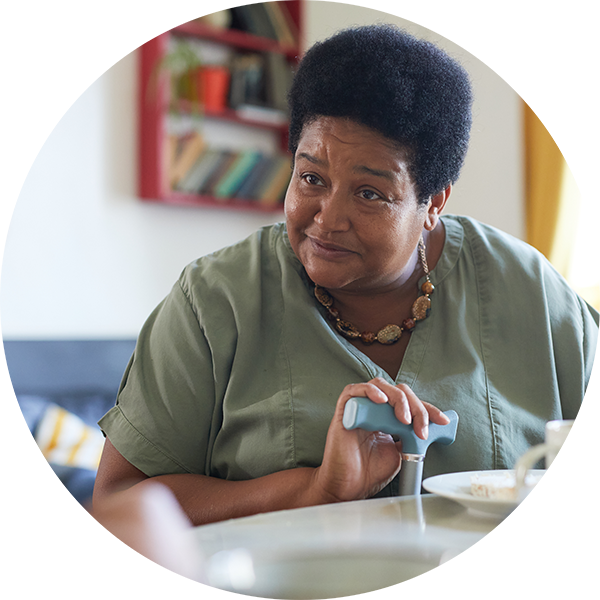Home > News Briefs – MARCH 2024
News Briefs – MARCH 2024
Rural Hospital Care Threatened
A 2024 report issued by Chartis, a health care management consulting firm, showed that 50% of rural hospitals are operating in the red, a jump of seven percentage points in just the past 12 months. Since 2010, 167 rural hospitals have either closed or converted to a model that doesn’t allow for inpatient care, and today 418 hospitals are vulnerable to closure. This has wide effects on services, including access to obstetricians and chemotherapy services. Between 2011 and 2021, 267 rural hospitals dropped obstetric services; this accounts for almost 25% of rural OB units. Between 2014 and 2022, 382 rural hospitals have stopped providing chemotherapy services. An increase in Medicare Advantage patients versus traditional Medicare has shifted the payment model to the hospitals, as net reimbursement from Medicare Advantage is “often lower for similar services than that of traditional Medicare because Medicare Advantage does not follow cost-based reimbursement.” The report proposes approaches for the government and private sector to address these growing rural care deserts.
Cancer Is Increasing Around the Globe
The World Health Organization released data chronicling the latest reports on cancer from around the globe. In 2022, there were an estimated 20 million new cancer cases and 9.7 million deaths; 53.5 million people were alive within five years following a cancer diagnosis. About 1 in 5 people develop cancer in their lifetime, and approximately 1 in 9 men and 1 in 12 women die from the disease. Lung cancer was the most commonly occurring cancer worldwide, followed by female breast cancer and then colorectal cancer. An additional survey that profiled 115 countries showed that a majority of countries do not adequately finance priority cancer and palliative care services as part of universal health coverage. Only 39% of participating countries covered the basics of cancer management as part of their financed core health services for all citizens. Only 28% of participating countries covered care for people who require palliative care, including pain relief in general, not just pain associated with cancer.
The study also highlighted inequities in cancer detection, especially breast cancer. “Women in lower HDI [human development index] countries are 50% less likely to be diagnosed with breast cancer than women in high HDI countries, yet they are at a much higher risk of dying of the disease due to late diagnosis and inadequate access to quality treatment,” says Dr. Isabelle Soerjomataram of the WHO’s cancer agency. Over 35 million new cancer cases are predicted in 2050, a 77% increase from the estimated 20 million new cases in 2022.
Recommendations for Advance Care Planning for People With Dementia
A new study by the European Working Group of People With Dementia outlines an approach to advance care planning that is inclusive of people with dementia, as the current recommendations do not address individuals with different levels of decisional capacity. The study was conducted through a series of focus groups and interviews with people living with dementia and their supporters. Participants were located in Ireland, United Kingdom, Germany, Slovenia, Iceland, Sweden, Austria, Belgium, and Portugal. Participants discussed strategies to support decisional capacity and involve the person with dementia in the process for as long as possible. The current approach does not include the carers and family, and those living with dementia suggested support for these conversations. Other suggestions included changing the definition and approach to advance care directives to be inclusive of those living with dementia; not limiting preference within the directives; including the proxy-maker in the process; initiating the approach early and pacing it in accordance with each person’s readiness; and expanding directives beyond end-of-life care into how someone wants to live with dementia.



